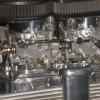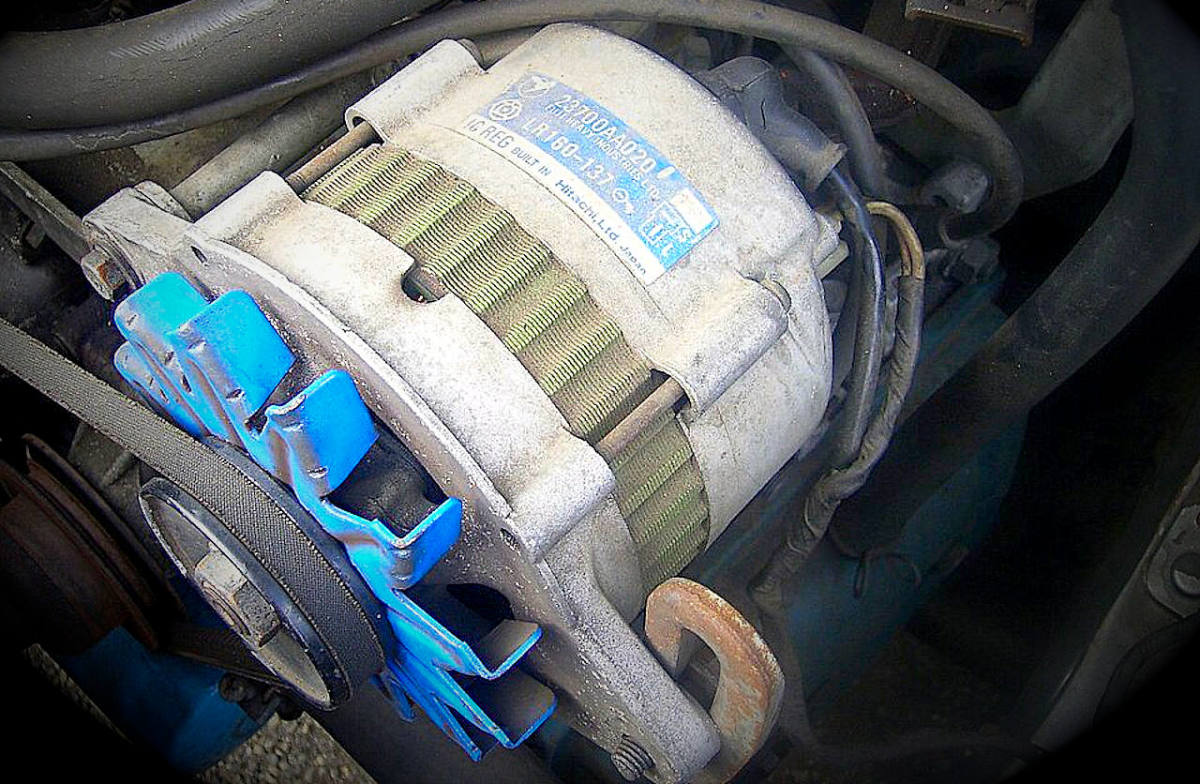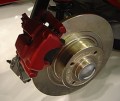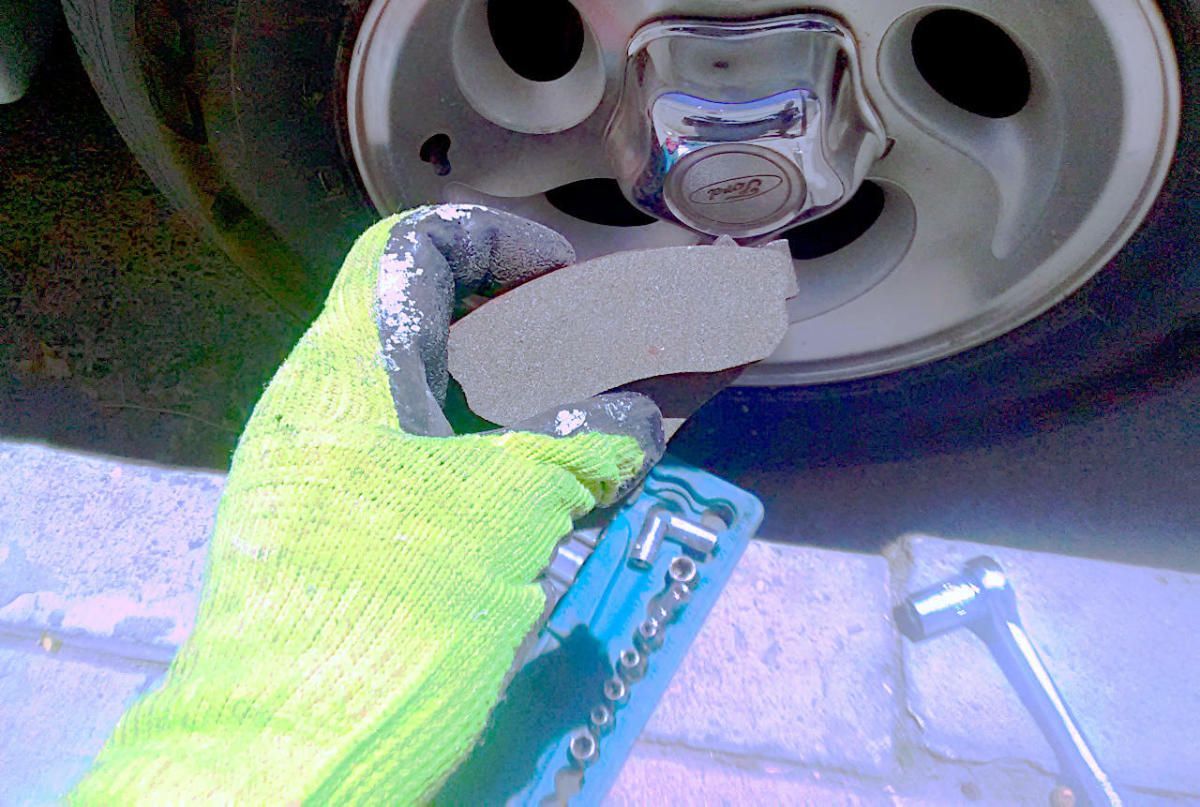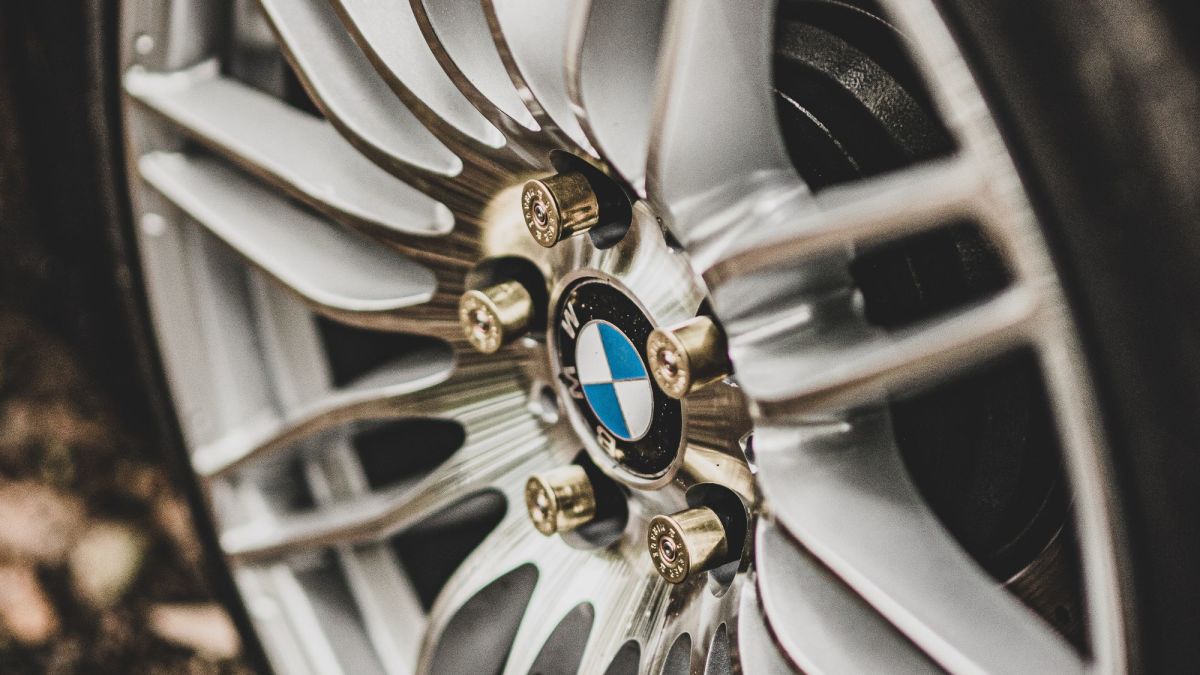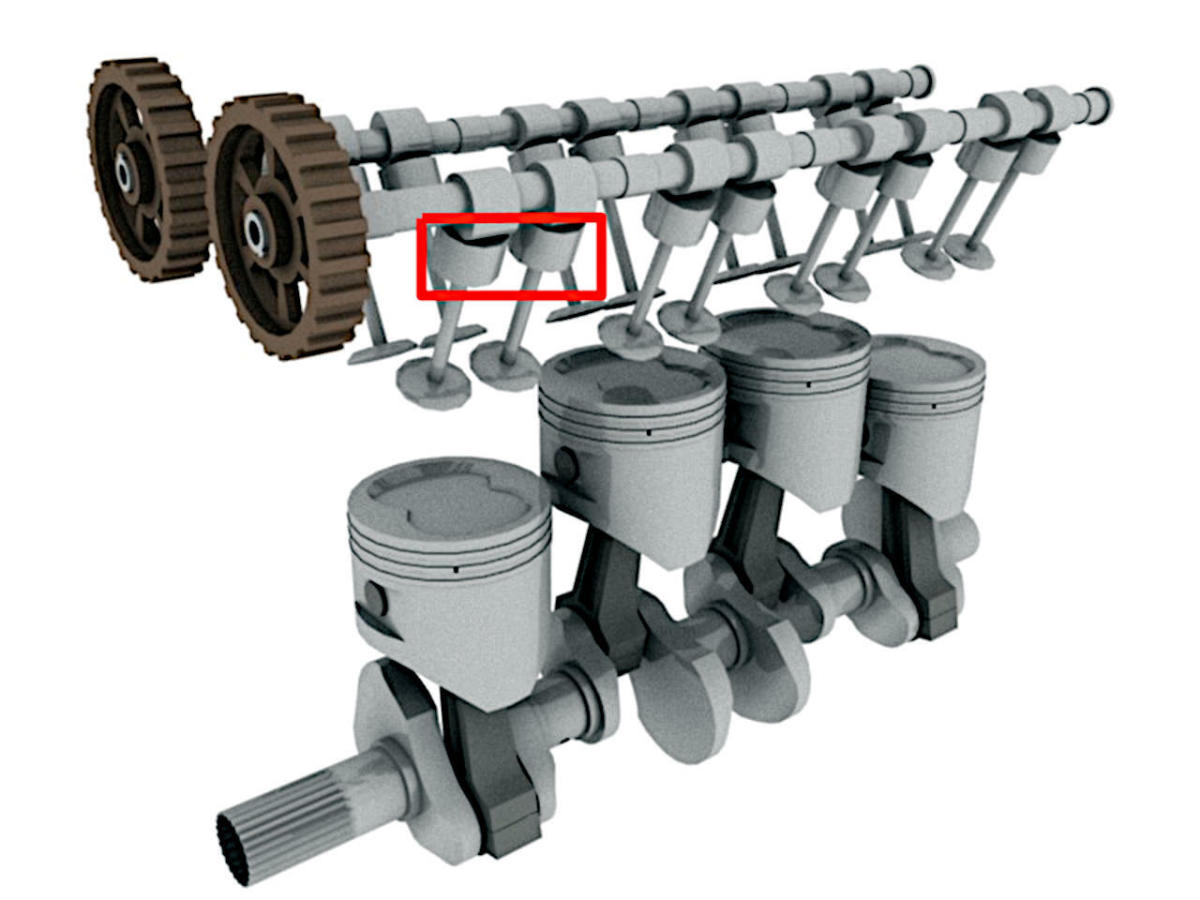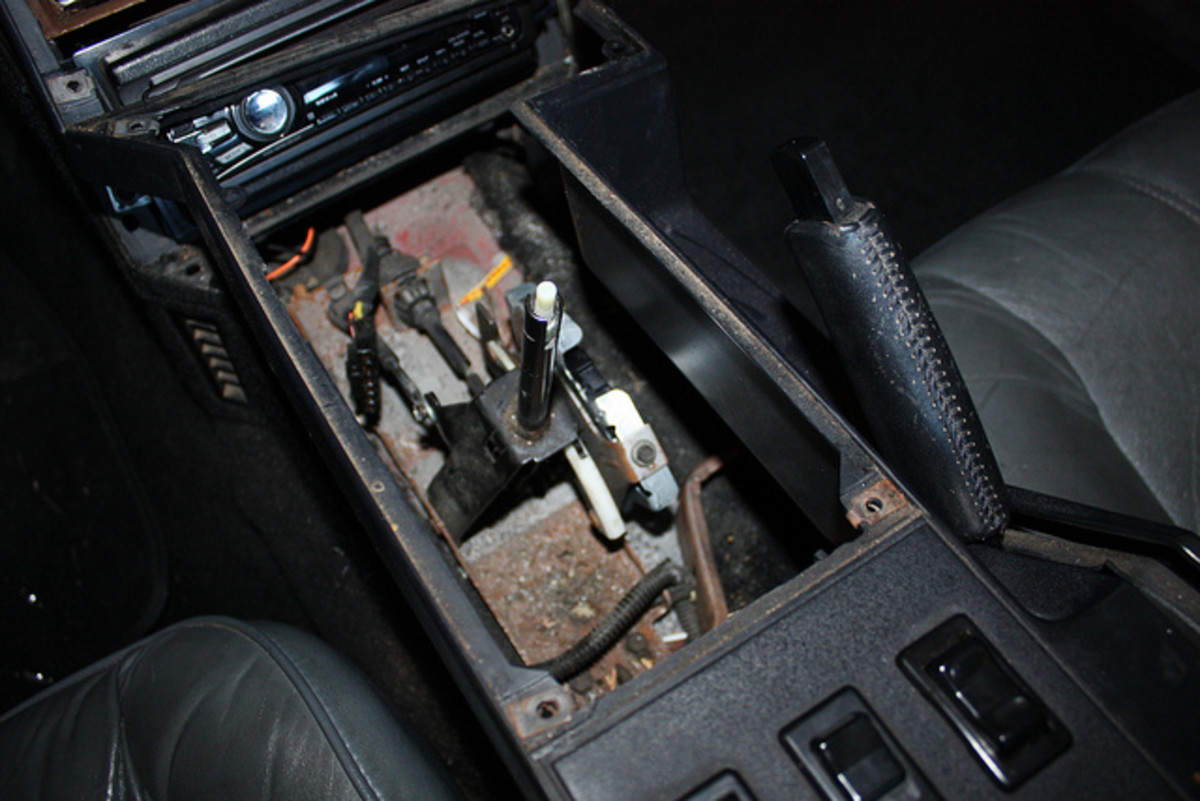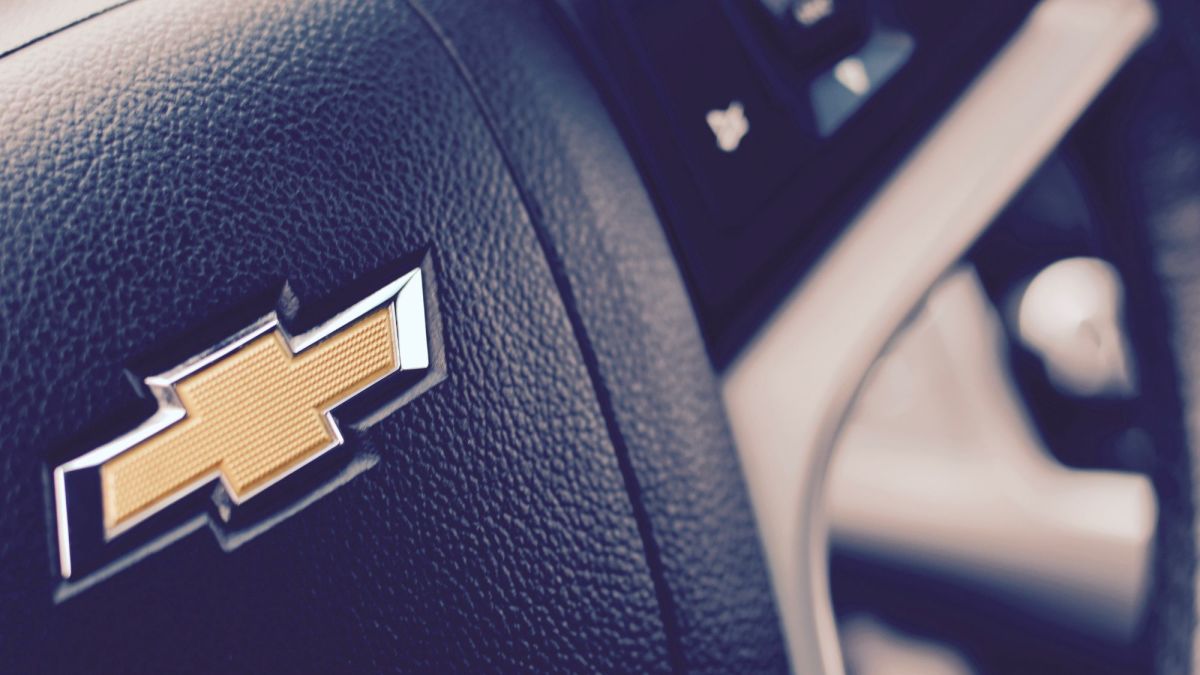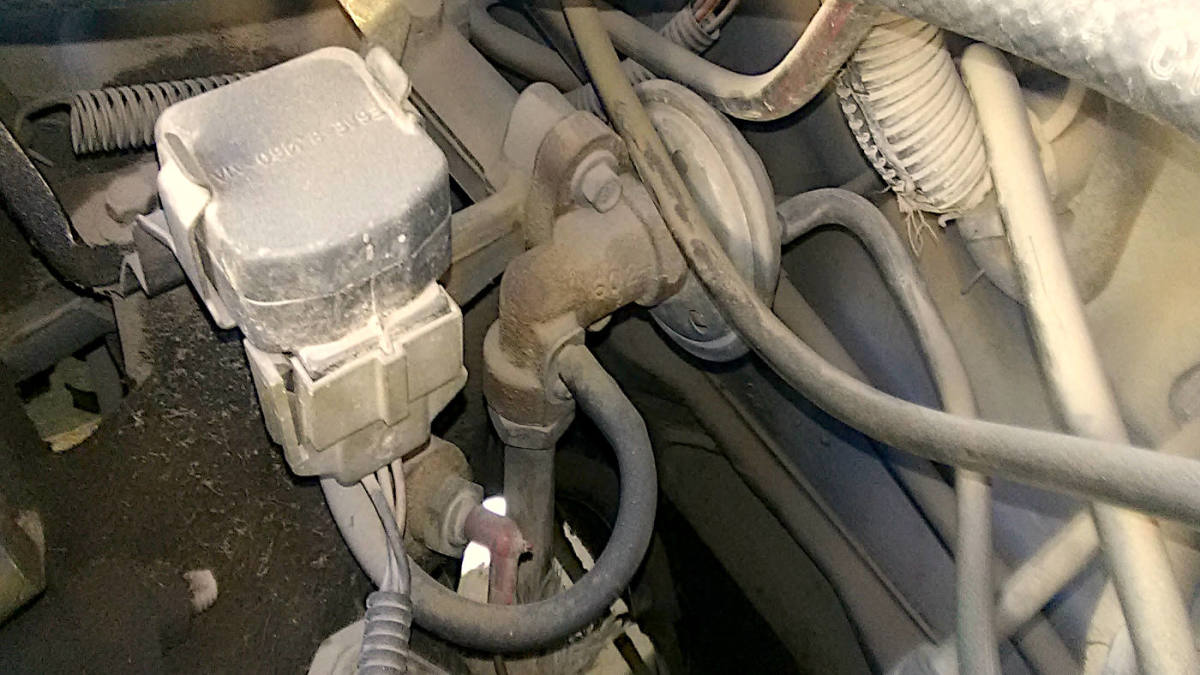Why Does My Car Make a Lot of Brake Noise?
That embarrassing screech at the stoplight
I think we've all witnessed it even if it hasn't happened to us. The vehicle coming to a stop at a busy intersection and that ear piercing screech that turns heads. If it's you, the feeling is pretty embarrassing. Also, it leads you to wonder if your brakes are falling apart. As a service advisor, I would have to say that one of the biggest concerns for most consumers are noises coming from their vehicle.
Oddly enough, I've noticed that most people are okay with ignoring the warning lights on their dash, but the tiniest squeak will drive most folks crazy. So I guess we should tackle some of the common noise issues related to cars. DISCLAIMER: this article should not replace the advice or diagnosis of a reputable repair facility. This is just to help understand the common areas and why it happens..
Another common noise maker is steering and suspension parts. With all the pivot and flex associated with the front end, any and all points are susceptible to noise.
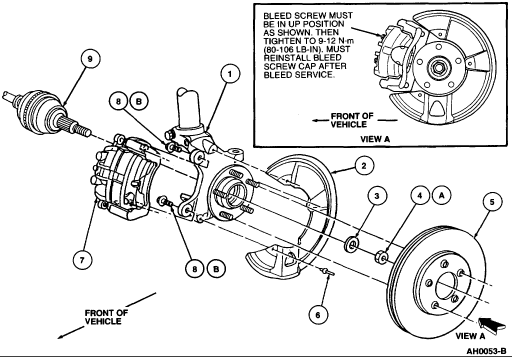
The squeak
First and foremost, the brake squeak. This usually happens one of 2 ways. Either you get a squeak when braking or you get a squeak from the wheels that goes away with braking. Here's what's happening; the first type of squeak often occurs when there is still plenty of brake pad and sometimes happens to brand new brake pads. Often it has to do with the materials in the brake pad. The second type is that the indicator tab on the brake pad is beginning to rub the rotor and the sound goes away with firm brake pedal pressure. This usually means your a couple millimeters from damaging the rotor. Also known as a grinding noise when braking.
Brake pad and rotor on a vehicle
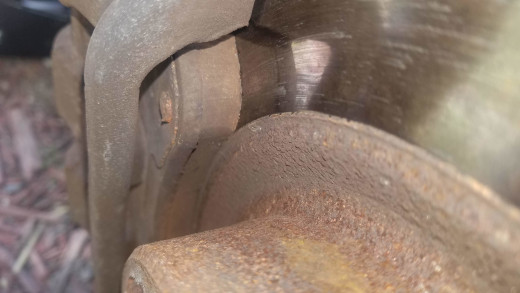
Types of brake pads
Brake pads come as organic, semi-metallic, or ceramic.
Organics typically do not squeak, but they are so soft that you will get a lot of brake dust and they will deteriorate quickly. They are usually very economically priced.
Semi-metallics are formulated with some metallic material, just like the name states. This makes the brake pad more durable but is the most likely to squeal and give off a lot of black dust onto your nice shiny wheels. These are usually priced about mid-range and often come with a limited lifetime warranty.
Ceramics are formulated with ceramic material, again, just like the name implies. Ceramics usually do not squeak and give little to no brake dust. They tend to cost a few dollars more but, in my opinion, are well worth it. If you really want the top of the line, guaranteed no noise, no brake dust and longest life, there are brake pads that are formulated specially for their place on the vehicle. Napa has a style called Adaptive One that is truly premier.
There is a lot more to brakes, but that will give you a general idea.
Platinum Carquest ceramic brake pad

